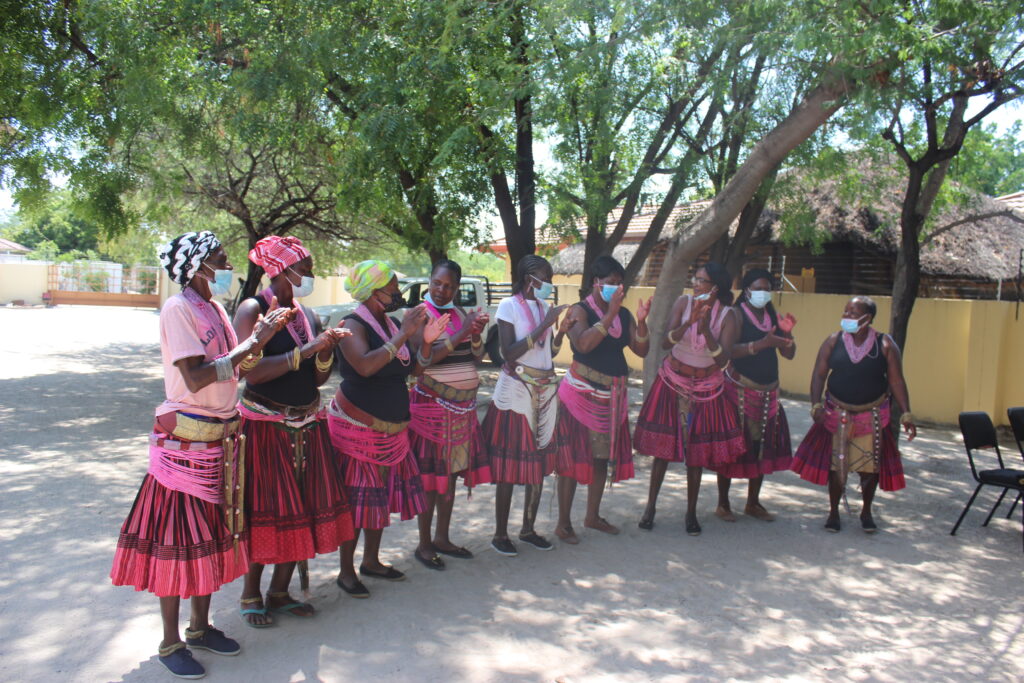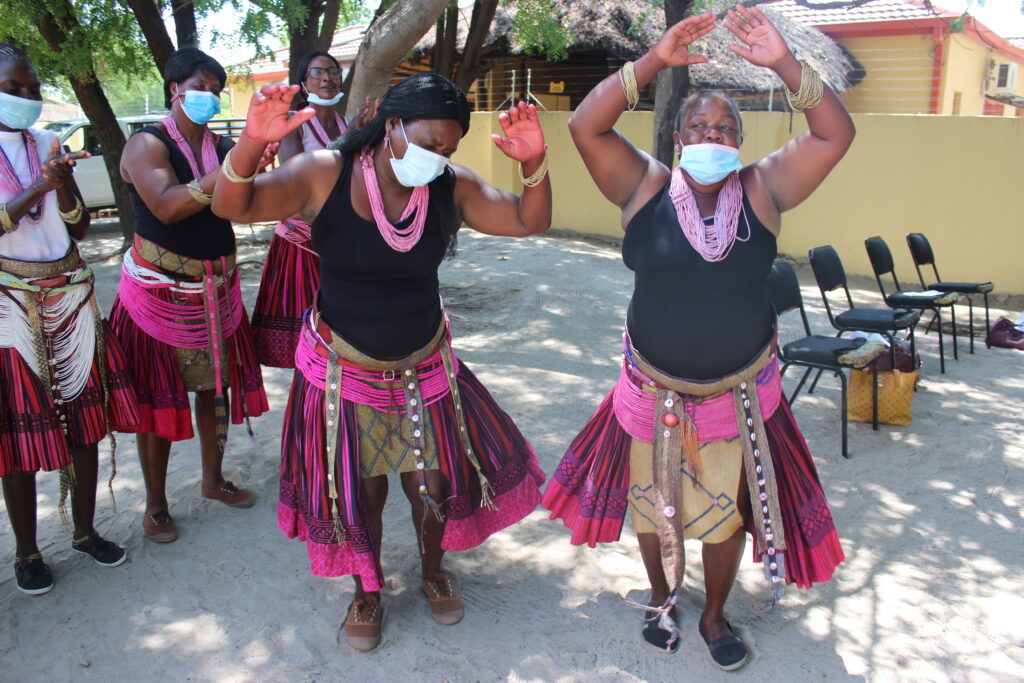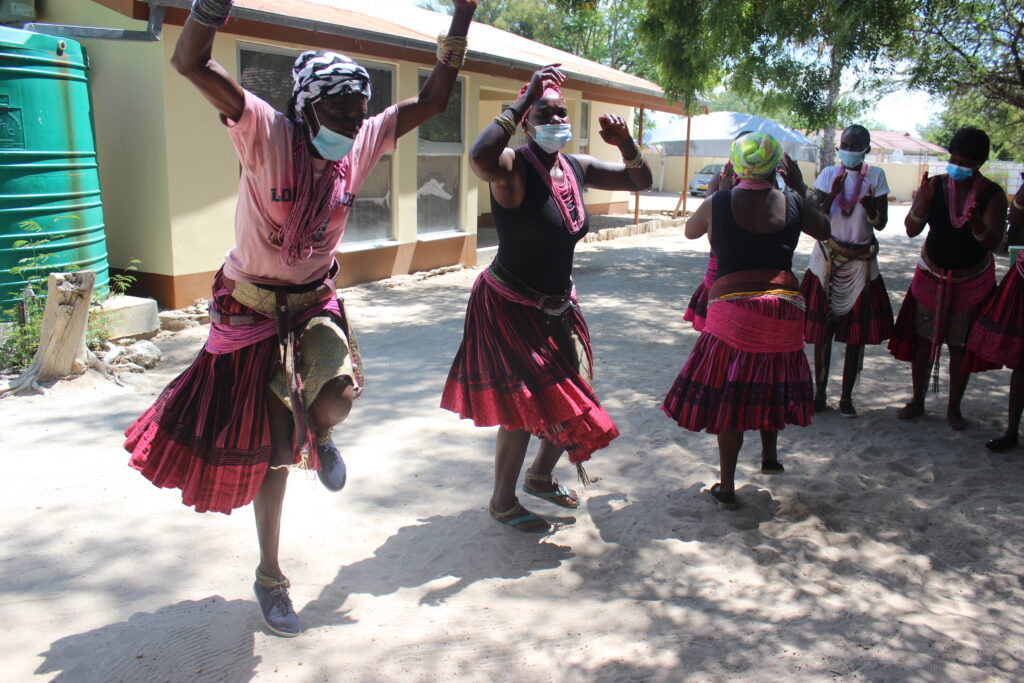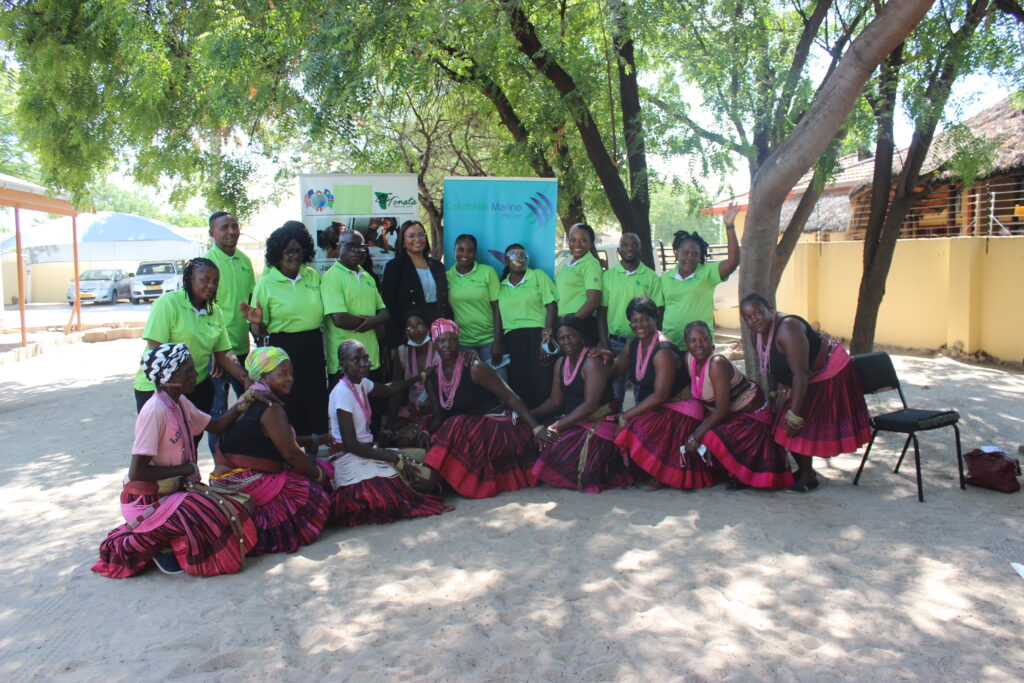Our History
Tonata has been instrumental in advancing transformative, community-led actions in policy, programs and systems. Our bottom-up approach has successfully aided systems of health to become more resilient and responsive in the long-term—by involving communities in identifying and addressing health priorities, training local health workers and leaders, and empowering communities with health education.
The Early Days of HIV in Namibia: A Time of Fear and Stigma
Namibia recorded its first case of HIV in 1986, a time marked by fear, misinformation, and widespread stigma. The virus was misunderstood and labeled with harmful names, fueling discrimination across society.
People living with HIV faced heartbreaking rejection—some were disowned by their families, isolated at home, or denied basic dignity, such as using shared utensils. Health workers often refused treatment and those who tested positive were barred from government employment.


The Birth of Tonata
By 2008, people living with HIV felt marginalized and voiceless in the face of widespread discrimination. In response, a group of courageous individuals in northern Namibia came together to form Tonata PLHIV Network (aka “Tonata”, meaning “open your eyes”).
The mission of this new organization was clear: to end stigma and discrimination, ensure that people living with HIV could live and work without fear, and unite their voices to advocate for change at the highest levels.
What Tonata Has Achieved
Tonata has significantly improved the lives of people living with HIV (PLHIV) in Namibia through advocacy, support, and empowerment:
Fighting Stigma: Tonata champions equal rights, helping ensure no one is denied employment due to HIV status.
Building Support Networks: Over 1,300 support groups with more than 29,000 members provide peer counseling and mutual support for positive living.
Amplifying Voices: Support groups engage local leaders and represent PLHIV at national platforms, including CACOCs, RACOCs, and the National AIDS Coordinating Committee, ensuring their concerns reach policymakers.
Improving ARV Access: Tonata trains group leaders to collect and distribute ARVs within communities, reducing travel costs and treatment default rates.
Empowering Communities: Some groups have received land and funding for income-generating projects, fostering financial independence.
Tonata’s efforts have transformed stigma into solidarity. Families now embrace loved ones, PLHIV are respected as leaders, and dignity is being restored across communities.


